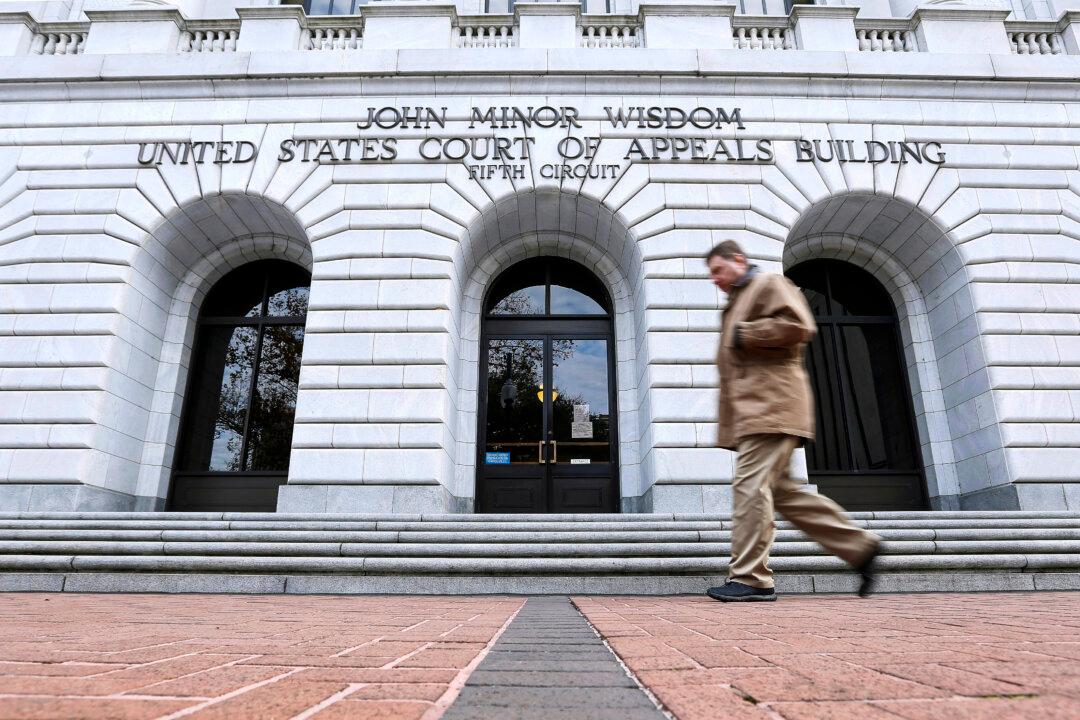Former President Joe Biden acted within his power when he issued an order requiring federal contractors to pay their employees at least a certain amount per hour, a federal appeals court ruled on Feb. 4.
Congress, through the Federal Property and Administrative Services Act, gave the president the authority to prescribe policies and directives if he determines that a policy or directive is necessary to carry out the act and if the action is consistent with the law. Prior court decisions have interpreted “necessary” as meaning indispensable, vital, essential, or requisite.





